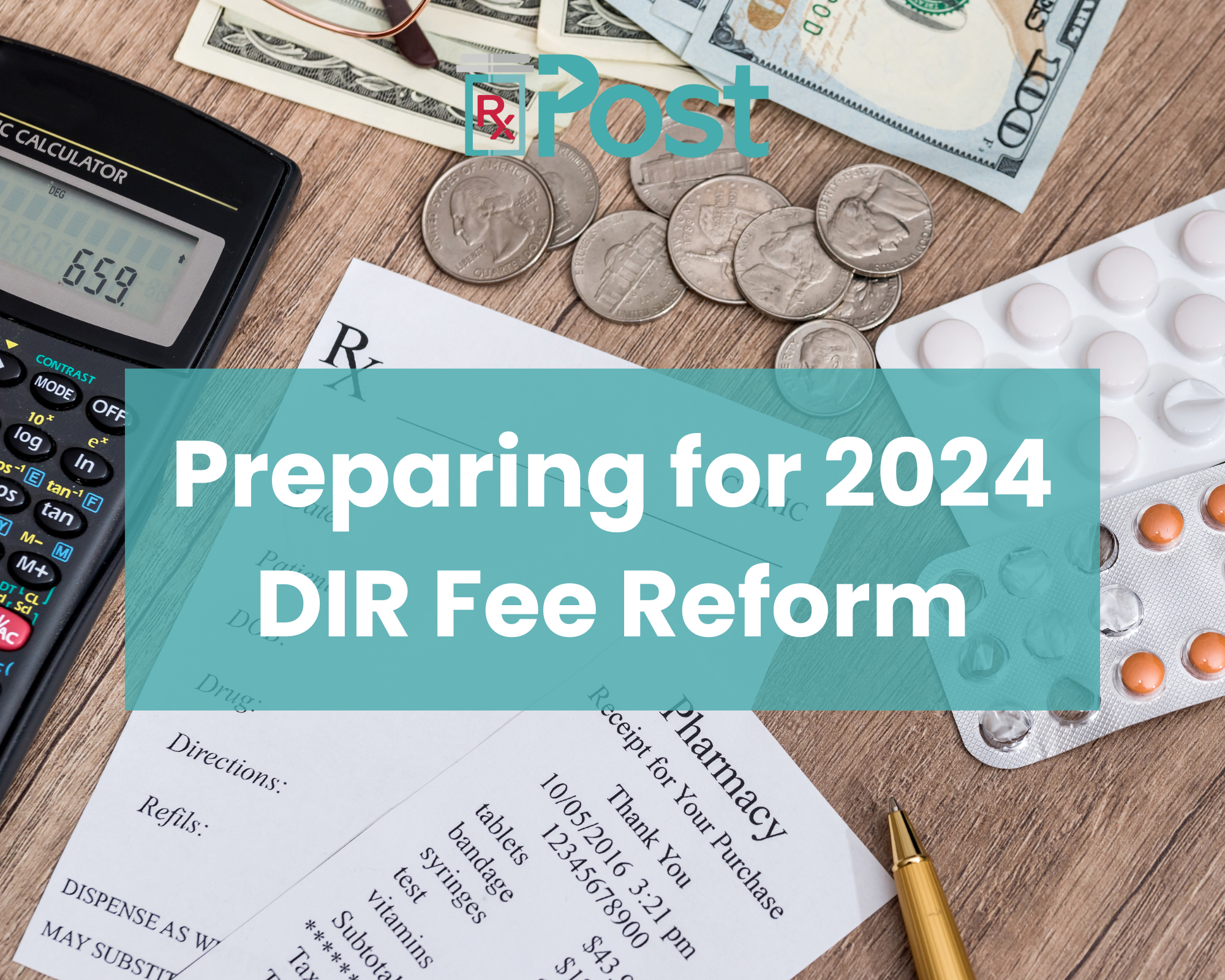The Centers for Medicare and Medicaid Services (CMS) is making changes to its Medicare Part D plan, requiring plan sponsors to include all pharmacy direct and indirect remuneration (DIR) fees at the point of sale (POS). This means retroactive DIR fees, which are often billed more than 6 months after a purchase, will be removed. The new rule is set to take effect on January 1, 2024. During the transition period, the first half of 2024, pharmacists should expect high DIR fees and low POS reimbursement.
DIR is a regulatory loophole that allows a patient with a Medicare Part D plan to earn back money from a drug purchase via a pharmacy benefit manager (PBM). PBMs receive additional compensation after the POS, which can affect the final cost of the drug for the payer. These DIR fees include discounts, chargebacks, rebates, upfront payments, grants, or other price concessions.
Critics argue that DIR fees can be manipulated by PBMs and end up hurting pharmacies financially, as they are billed long after the patient's purchase. The update by CMS is expected to benefit patients with CMS Medicare or Medicaid, as they will have lower upfront co-pays without the need for DIR fee reimbursement after a purchase. Pharmacists will also gain increased drug cost transparency and the ability to negotiate drug prices upfront with patients.
However, the changes are likely to impact cash flows in 2024, particularly during the first five months. Pharmacists will have to pay their 2023 DIR payments during early 2024 while receiving lower reimbursement from CMS for drugs, as the DIR fee will no longer inflate the cost of drugs at POS.
Pharmacists are advised to understand the cash flow implications and prepare for the transition by setting aside funds to meet 2023 DIR obligations. Specific PBMs like CVS Caremark and Prime Therapeutics will be collecting significant amounts in DIR fees during this period. Programs like Health Mart Atlas's voluntary DIR Assist and Pinpoint Community Solutions can assist pharmacists in setting aside funds and lowering inventory costs to navigate these challenges.
In conclusion, the CMS's revision to Medicare Part D aims to improve cost transparency and benefit patients in the long term, but pharmacists should brace for financial challenges during the transition in the first half of 2024.
Full article from Pharmacy Times here.


